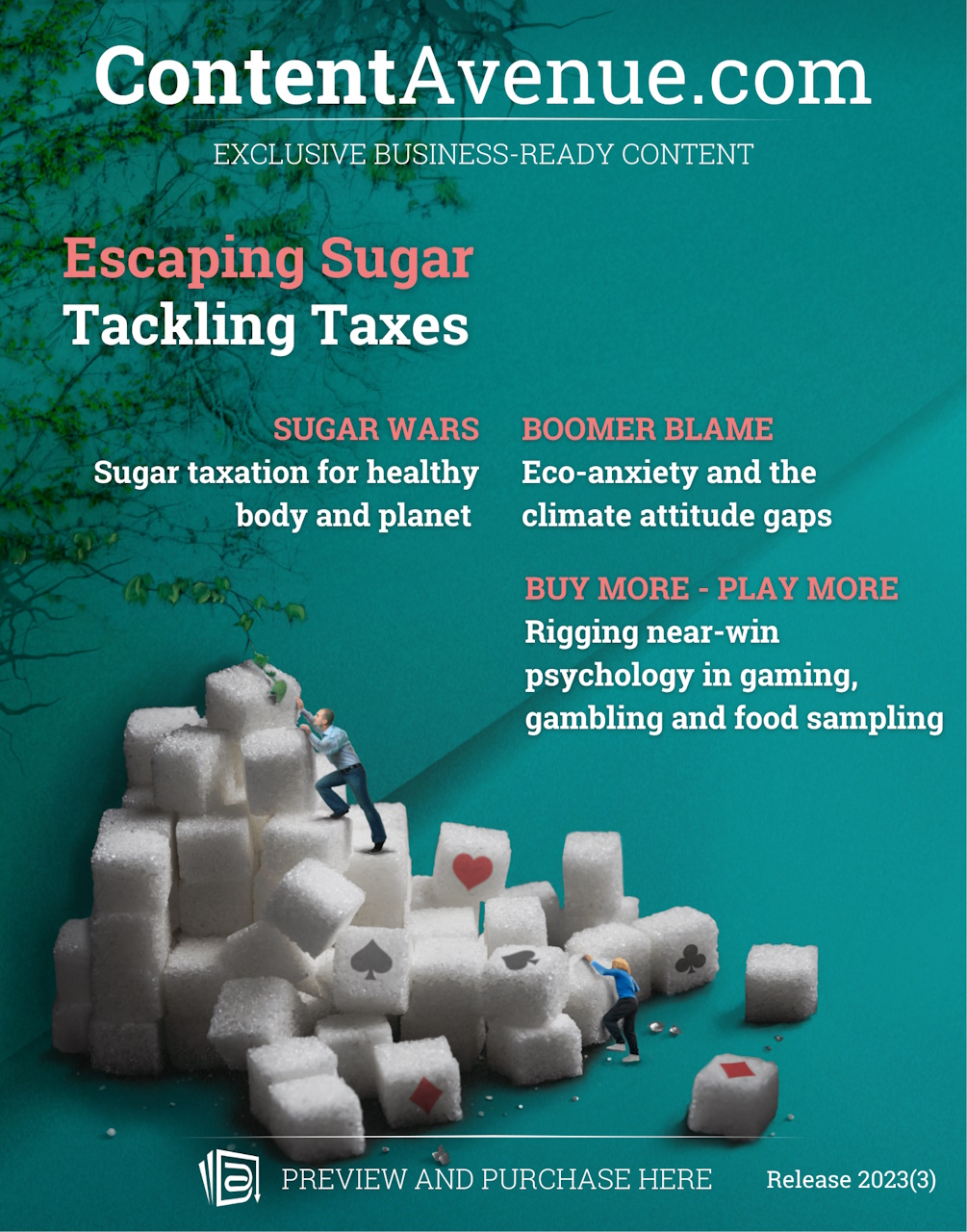The sweeter the deal, the higher the cost. Consuming sugary foods and beverages is costing us more than our spare change. We are consuming so much that it is harming our planet, making us ill, and driving up healthcare costs.
Introducing a sugar tax on sweetened beverages is one approach to curb the obesity pandemic and the depletion of rich soils through extensive sugarcane harvest. Taxation could disrupt market demand.
By adding a “one-cent-per-ounce soda tax,” purchases have already dropped significantly in Oakland, USA, signaling the potential impact of national legislation on improved health and lowered health care costs. Indeed, this type of tax is just as cost-effective as other public health interventions such as smoke-free workplace policies.
But research shows that we need to weary about pushing “doom-and-gloom” rhetoric to save ourselves or our planet.
Reprimanding rhetoric is paralyzing. For example, it slows action and fosters climate denialism and eco-anxiety. Older generations are in denial of an emerging climate crisis, while younger generations are falling into despair. This generational gap is best closed with meaningful connection rather than hard-hitting fearmongering facts.
Hope, positivity, and community will encourage action even in the face of the worst odds.
Speaking of odds: near-win psychology in gambling and gaming shows that it is often more addictive to nearly win than to directly win. While this form of psychology often leads to harmful overconsumption, could such tactics provide a timely solution to our rhetoric problem?
